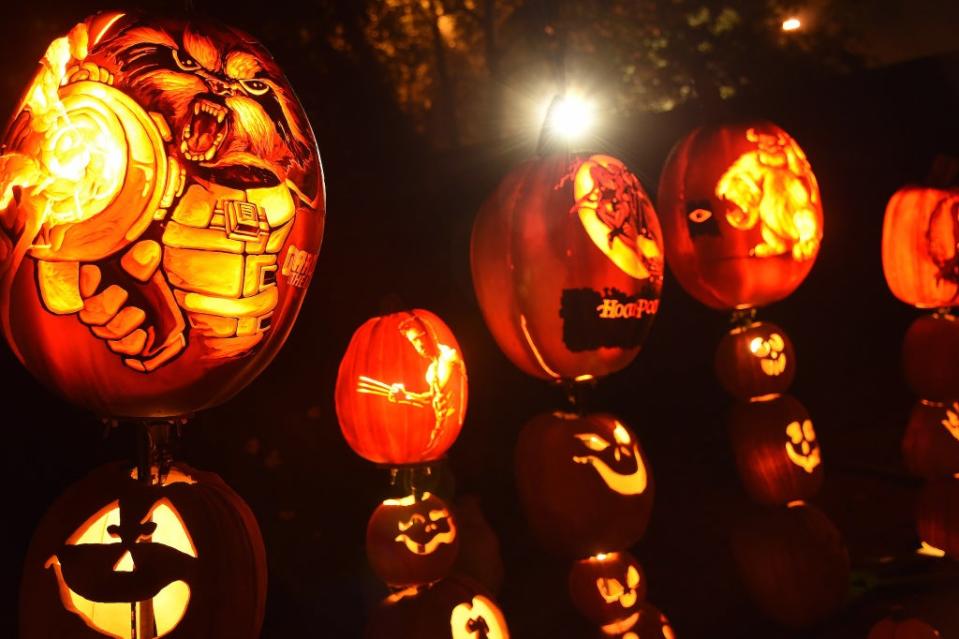Disney adds beloved characters as text-to-speech voices in TikTok – and bans them from saying ‘lesbian’ or ‘gay’

A text-to-speech TikTok voice made by Disney that made users sound like Rocket Raccoon does not allow users to ‘say’ words like “gay”, “lesbian”, or “queer”.
Numerous posts by users showed the feature failing to say the LGBTQ terms before it was quietly changed to allow the words.
Words like “bisexual” and “transgender”, were allowed by the feature.
Originally, Rocket’s voice would skip over the words when written normally but would be pronounced phonetically if a user wrote “qweer”, for example.
@kbwild_ The ending is my favorite part #disneyplusday #disneytexttospeech #rocket #rockettexttospeech #disneyvoice #lesbian #lesbianstereotypes #ledollarbean #gaytiktok #lesbiantiktok #lgbtcreators #queertiktok #alphabetmafia🌈
♬ original sound - KaraBiner (Kbwild)
Attempts to make it read text that contained only the seemingly-prohibited words resulted in an error message saying that text-to-speech was not supported by the language chosen.
The voices, which were introduced to the existing text-to-speech feature, were introduced as part of a Disney Plus promotion and included other characters such as C-3PO and the alien Stitch.
Neither Disney nor TikTok responded to requests for comment from The Independent before time of publication.
TikTok has been criticized in the past for its approach to LGBTQ users. In 2019, it was found that TikTok’s ‘locally sensitive’ moderation policies banned pro-LGBTQ content – even in countries where homosexuality has never been illegal, as reported by The Guardian.
In a statement, TikTok said it was “a platform for creativity, and committed to equality and diversity” but said that it “recognise[d] the need to do more”. It also said the referenced guidelines were no longer in use.
In September 2020, it was also found that terms such as “gay”, “lesbian”, and “transgender” were ‘shadow-banned’ for Bosnian, Jordan, and Russian TikTok users.
This means that users would have had trouble finding these topics, due to deprioritisation in the app’s search algorithm, without them being explicitly banned.
At the time, TikTok said that some terms were restricted to comply with local laws while others were limited because they were used to find pornography.
“I’m really sorry, we really got that wrong,” TikTok’s director of public policy in Europe the Middle East and Africa, Theo Bertram, told a parliamentary committee. “That was a terrible idea,” he added, saying the policy had now been changed.
Read More
Schoolboy almost dies from swallowing magnets for TikTok challenge
Woman shares honest review of New York City apartment
TikTok mom slammed after making 5-year-old son run in 104 degree heat
Influencer under fire for posting secret video of husband crying
Woman stages apartment to look like she has live-in boyfriend before meeting stranger
Woman shares ‘exact moment’ she knew she and husband could save their marriage

 Yahoo Finance
Yahoo Finance 